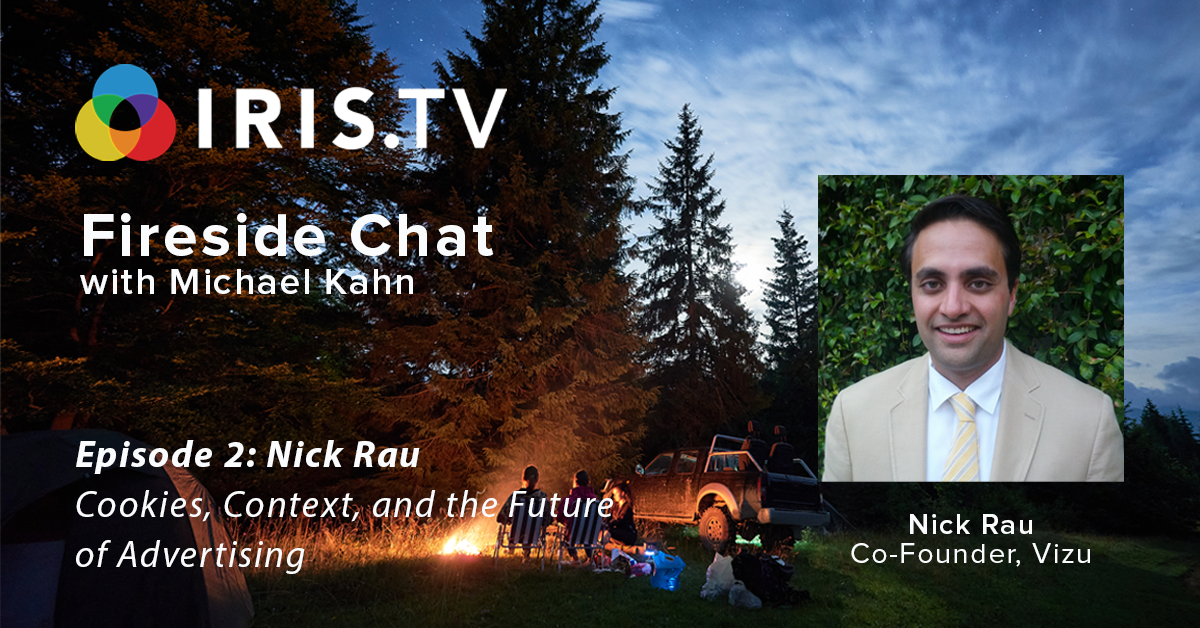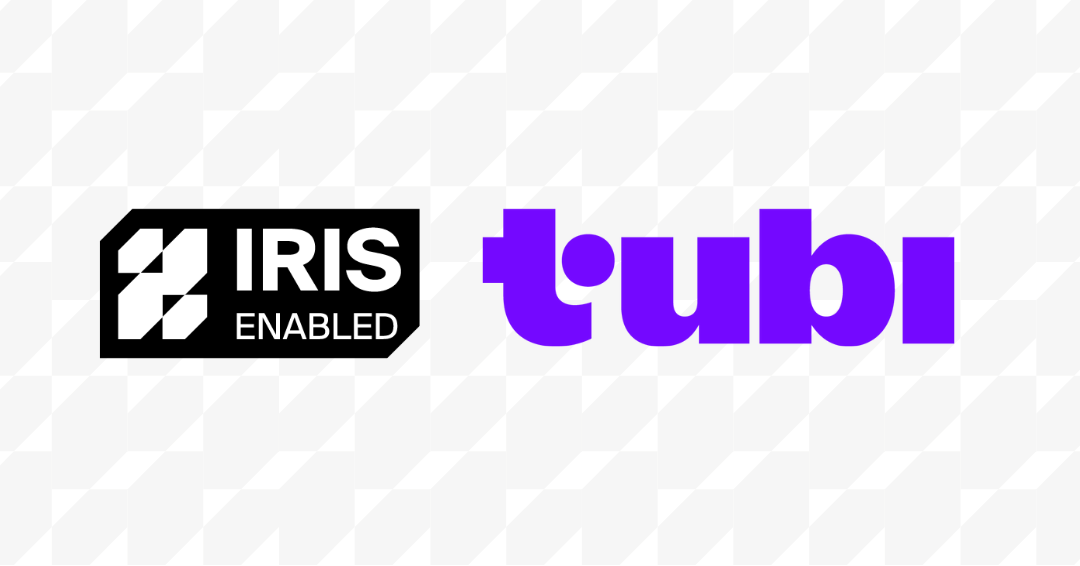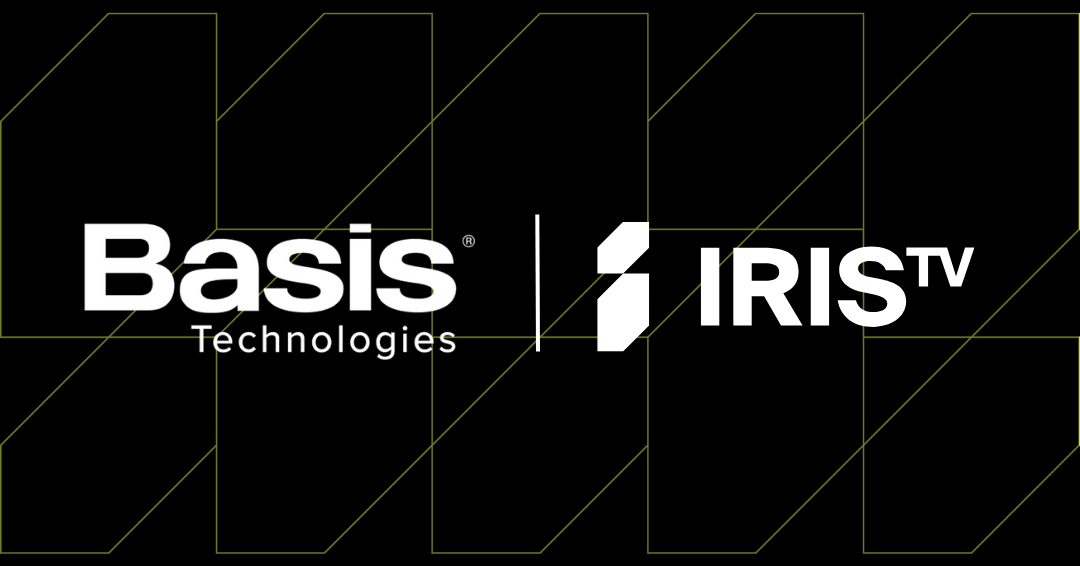Fireside Chat: Ep 2 - Cookies, Context, and Future of Advertising
Posted by Rohan Castelino | Jul 09, 2020 | Contextual Video,Video |
In this episode, MK sits down with Nick Rau, Co-founder of Vizu to discuss the retirement of cookies and its impact on privacy and targeted advertising.
Michael Kahn (MK): Good day everyone and hello, it's Michael Kahn aka MK from IRIS.TV and here for the second edition of our fireside chats and this being a campfire edition. I lead brand and agency channel strategy for IRIS.TV, a proprietary video intelligence platform that drives brand safety and contextual targeting across the open web. And I'm thrilled to welcome a special guest for today's episode and discussion, I'm inviting Nick Rau to join us. Who's joined me by our beautiful evening for a campfire chat. An extraordinary engineer and entrepreneur with an amazing background that is all digital and steeped in digital media, from experience at Modem Media and Digitas from Vizu and Nielsen and with education that included being at University of Illinois Fighting Illini and a graduate from UC Berkeley. So Nick, welcome to today's show our second edition of these fireside chats that will go on forever. We're really thrilled to have you and just hello.
Nick Rau: Hey Michael, it's great to be here, nice night.
MK: Beautiful night, so if I could start with just your background, can you talk about your background and experience a little bit and how it's given you a special view of the current landscape and what's happening with audience tracking and cookie developments?
Nick Rau: Yeah, sure, yeah. So I've spent my entire career in digital marketing and media. Gosh, I started in 1998 and right as the dot-com boom was taking off that's when I joined at Modem, and have spent, you know, my entire career either building the experiences for consumers, whether it be advertising or the website user experiences that they saw, to then transitioning to measuring a lot of the behavior that was going on in those kinds of experiences first at my own startup, and then for a number of years at Nielsen. So I've had a unique kind of position it's been the entire career in this space and most of it from an independent neutral point of view. Measuring the efficacy of our marketing efforts and figuring out what works and what doesn't work with consumers.
MK: Excellent, amazing background. So, given that perspective and experience, what do you think the death of the cookie means and what's its impact gonna be on digital advertising going forward?
Nick Rau: Yeah, it's huge. It's hard to understate how big this will be, and it's not just the cookie by the way. It is also the mobile device identifier as well. The same trends that are underway with the cookies, are starting now with mobile device IDs. And just to recap, this is all driven by, in a large part, the desire to provide, more control for consumers, on privacy and data, to improve the user experience as well on many of these, the sites and apps that we use today. And it's going to have a huge shift though, and it's gonna have some probably unintended effects as well. In the short term, the walled gardens, the very large players who, where we have a reason to have a first party relationship with these folks. We actually come to them for our email needs and our search needs and other content needs. Those folks are going to be able to continue to operate largely as they have done over the past. They in fact will probably get stronger in some ways as a result, for the folks that do not have first party relationships with consumers, this tends to be the open web. It is going to get a lot harder and that ecosystem of companies and all the spend that is going on in that side, which is not insignificant as you well know Michael. That spend is going to undergo a seismic shift now in the coming years.
MK: So fascinating, so we really will be a web divided by two worlds, the walled gardens and the open web. And basically those are gonna be two different environments and the death of the cookie will impact those kind of separately. And advertisers and brands are gonna have to be very considerate about how they address those two worlds. So, we have this great moment where the cookie's coming to an end, all in regards to privacy and targeting safety on behalf of the consumer, what has been the history of the cookie? Why was it brought to bear and why is it's death so significant given that history?
Nick Rau: Yeah, the cookie started out, it's basically just a file that is on your own machine, that your browser is capable of writing to your laptop or your desktop. And what it largely has is it just stores a unique ID, unique to you, and that ID allows whoever you're visiting through that browser to know who you are. And they associate a lot of information on their side, with that ID that they have collected over years and years. So the cookie, was originally used, it was created as a way to persist some information and it was used for, all the things that we notice as users that we feel is really important. Remember me when we are, want to be logged into a service sort of the volume controls of the video player. But in the late 90s, early 2000s, I think folks realized that the cookie could be used, behind the scenes as well for this building these ad profiles. And that really took off around that time. And we've had about 20 years of this happening so that there have been enormous companies, multi-billion Dollar companies that are not the walled gardens that operate completely on the basis of this construct that will be changing now.
MK: Amazing, all right. So kind of distilling it down for all those watching our show today, then again, going back to the construct of the walled gardens and the open web, what does audience targeting look like in those two worlds post cookies?
Nick Rau: Yeah, great question. So if you go to a walled garden, audience targeting will probably look pretty similar to what, how it looks today. You'll be able to target users on the basis of segments, and you'll be able to do things like frequency capping and follow me behavior and things like that that many marketers have been accustomed to. Subtly I think the power will have definitely shifted to the walled gardens as well.
They, instead of asking independent companies to enable all of this kind of stuff, they will be asking marketers and advertisers to trust them that they're implementing all this stuff properly. And just as importantly, is this has a big impact on measurement too. The independent measurement firms, also leverage cookies to do what they do. And this restriction will mean that marketers and advertisers will be asked to trust measurement done at least in part or solely by the walled gardens as well, which is, I personally think is an untenable longterm situation we'll have . For the open web, it will be very different. Targeting on the basis of the behavioral segments. The way that folks have been accustomed to doing it for the past decade is going to completely change that because of these changes with the cookies that will not really be possible. Other types of targeting based upon users frequency capping, follow me behavior, all of that will be different. So if you're on the open web, you will need to use new approaches that don't involve user profiles tied to cookies to target your media too.
MK: Yeah amazing, complicated bifurcated world, as they would say. So IRIS.TV, obviously it's sweet spot and we're place is in contextual targeting and segmentation. I'm specifically thinking about the open web, what will be the role of contextual targeting, to give advertisers the chance to do proper audience or behavioral targeting given the end of the cookie?
Nick Rau: I think contextual targeting inevitably will become one of the dominant forms of the way that we address our media in the open web. And the good news about that is that it has many advantages over behavioral targeting as well. Obviously there is not the need to collect all of this user profile data that users are increasingly becoming uncomfortable with. And that we read, you know, negative stories about all the time in the media. On top of that, I think contextual targeting has proven to be very effective. It aligns very well with brand safety as well.
Which is all about the content and the nature of the content that the user is viewing with the advertising right next to it. It is the, probably the, one of the main forms of large scale media that will be available on the open web after behavioral targeting moves on.
MK: Amazing, complicated world about to get more complicated. And one of the dynamics that you mentioned is a world where we'll need to put even more faith and trust in the walled gardens, which has not been an easy thing to do, and even given current circumstances and events. So any, in closing, any consular advice for brands out there of what they should do right now, given the impending arrival of the end of the cookie.
Nick Rau: Yeah, you know, I would say that the first thing is to make sure that you're educated and aware of these trends. So you should ask your partners about these trends. You should ask your agency partners, if you leverage them about how your media is being addressed and targeted today. What are their plans to alleviate the concerns that are gonna come as the cookie is deprecated this year? I would recommend that you ask them about contextual targeting, if you're not utilizing that in your plans already, ask about the opportunity of using that, ask about the scale that comes with that, make sure you're pushing your partners that primarily, I would say, make sure you're pushing your partners, that they are aware of this seismic shift that is gonna happen this year and next year and have, you know, solid plans to address the changes that are coming.
MK: Yeah and as we said, as Scar said in the Lion King, be prepared.
Nick Rau: Be prepared yes.
MK: So thank you so much for joining me on this beautiful evening for a great, campfire chat. Thank you for all your wisdom and insight to our viewing audience. And we look forward to working with you and partnering with you in the future, Nick. Thank you very much.
Nick Rau: Thanks Michael, great to be here.
MK: Take care, have a good rest of your night




.png)

.png)



